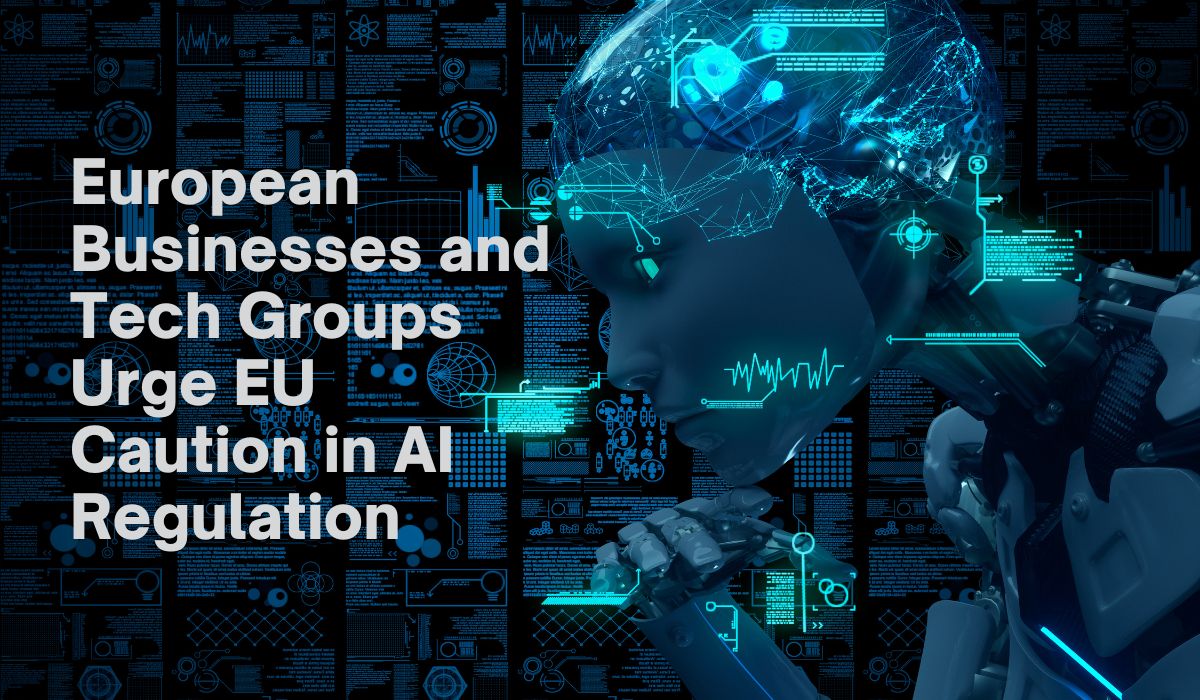
Businesses and technology groups issued a caution to the European Union, urging restraint in the regulation of artificial intelligence (AI) foundation models in the forthcoming AI rules. They argued that excessive regulations could stifle emerging start-ups or force them to relocate outside the region.
As EU countries and lawmakers entered the final negotiation phase for rules that may set a precedent globally, concerns centered on foundation models, like OpenAI's ChatGPT. These AI systems, trained on extensive datasets with the ability to learn from new data, perform diverse tasks.
DigitalEurope, representing members such as Airbus, Apple, Ericsson, Google, LSE, and SAP, emphasized the need for European companies to lead in AI innovation using foundation models and GPAI (general-purpose artificial intelligence). In a joint letter signed by 32 European digital associations, they advocated for limiting AI rules for foundation models to transparency requirements, supporting a proposal by France, Germany, and Italy.
Expressing frustration, the signatories highlighted that only 3% of the world's AI unicorns originate from the European Union. They underscored the potential of foundation models and urged against regulatory measures that could hinder their growth or drive innovative players away.
The letter also addressed concerns about the broad scope of the draft AI rules, particularly its potential clash with existing legislation in sectors like healthcare. Spokesperson Georgina Prodhan at Siemens Healthineers voiced dissatisfaction, stating, "We are increasingly frustrated at what we see as a lack of interest in the effects on the medical sector. Our impression is that people don't care about the content anymore; they just want to get it done. We are simply collateral damage."
Additionally, the companies rejected calls from creative industries to include AI rules addressing copyright issues, asserting that the EU's existing comprehensive copyright protection framework already addresses AI-related concerns.
The plea comes amid a critical juncture in EU discussions on AI regulations, with stakeholders emphasizing the balance between fostering innovation and implementing necessary safeguards.